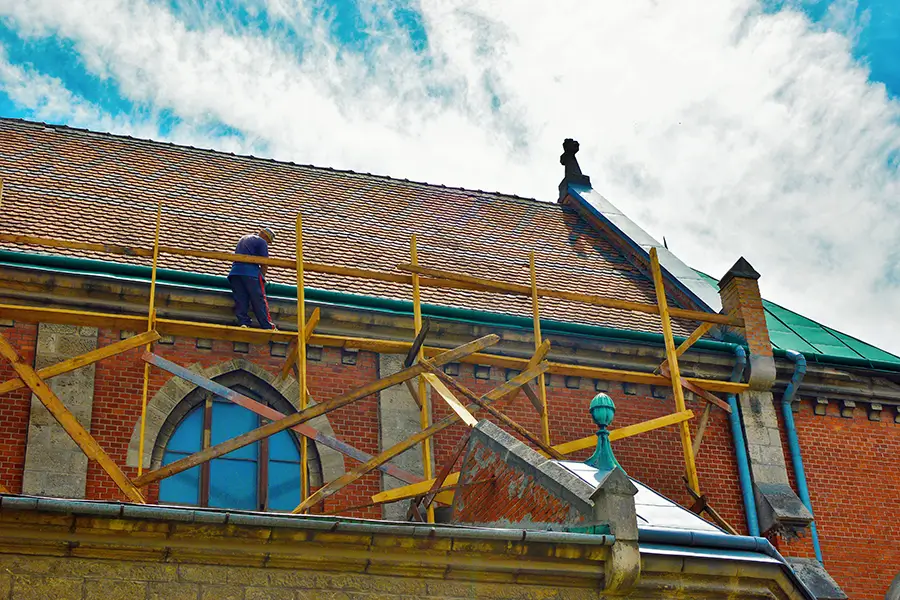When your ministry or school faces roof damage from a storm or other event, navigating insurance claims and finding a trustworthy contractor can feel overwhelming. Unfortunately, not all roofing companies are created equal—and the wrong one can cost your organization time, money, and peace of mind.

To protect your property and your people, here are nine essential questions you should ask any contractor before signing a roofing contract.
This gives insight into whether the contractor is more focused on completing your job efficiently or on maximizing every line item in an insurance estimate. A company that handles its own supplements often moves more quickly and is focused on delivering real results—not just paperwork.
Having a knowledgeable rep on-site ensures quality control and fast problem resolution. If anything goes wrong mid-project, you want someone present to make decisions and keep things on track.
HAAG certification is the gold standard in roof damage inspection. Insurance companies recognize HAAG-certified inspectors as experts. If your contractor doesn’t use one, they may not fully understand what constitutes claim-worthy damage.
Smaller roofing companies (5 or fewer jobs per month) may rely on whichever crew is available—often with inconsistent quality. Contractors who complete multiple jobs per week usually work with dedicated crews, hold them to consistent standards, and deliver more professional results.
NTS stands for “Name That Shingle”—a process used to match shingles for repairs or replacements. If a contractor isn’t familiar with it, they may not be equipped to challenge low insurance payouts or request proper materials.
Many companies offer only a 1- or 2-year labor warranty. That’s not enough for something as critical as a roof. Look for a contractor offering at least a 10-year labor warranty to show confidence in their workmanship.
This is a detail that separates professionals from amateurs. If their answer involves “caulk and nails,” walk away. Proper flashing is custom-bent on site and installed into the brick—not just glued on. It’s labor-intensive but essential to long-term performance.
Manufacturer warranties only apply when the entire roofing system—from shingles to underlayment—is sourced from a single brand (like GAF or CertainTeed). If a contractor mixes and matches components to save money, you lose out on those valuable warranties.
Be cautious of any contractor who asks for money upfront. Reputable roofing companies don’t need a deposit before work begins. If a company demands early payment, it may be a red flag for financial instability.
Churches and schools are entrusted with more than just buildings—they protect people, purpose, and community. When the time comes to repair or replace a roof, especially after storm damage or an insurance claim, making an informed decision is critical. The questions outlined above aren’t just about pricing or materials—they’re about accountability, quality, and long-term peace of mind.
By taking the time to thoroughly vet your contractor, you help ensure that the work done on your property meets high standards and truly supports your mission. A careful approach now can prevent costly repairs, insurance headaches, and safety issues down the line.
Whether you’re in the early planning stages or responding to unexpected damage, these questions can serve as a helpful guide as you move forward with confidence.